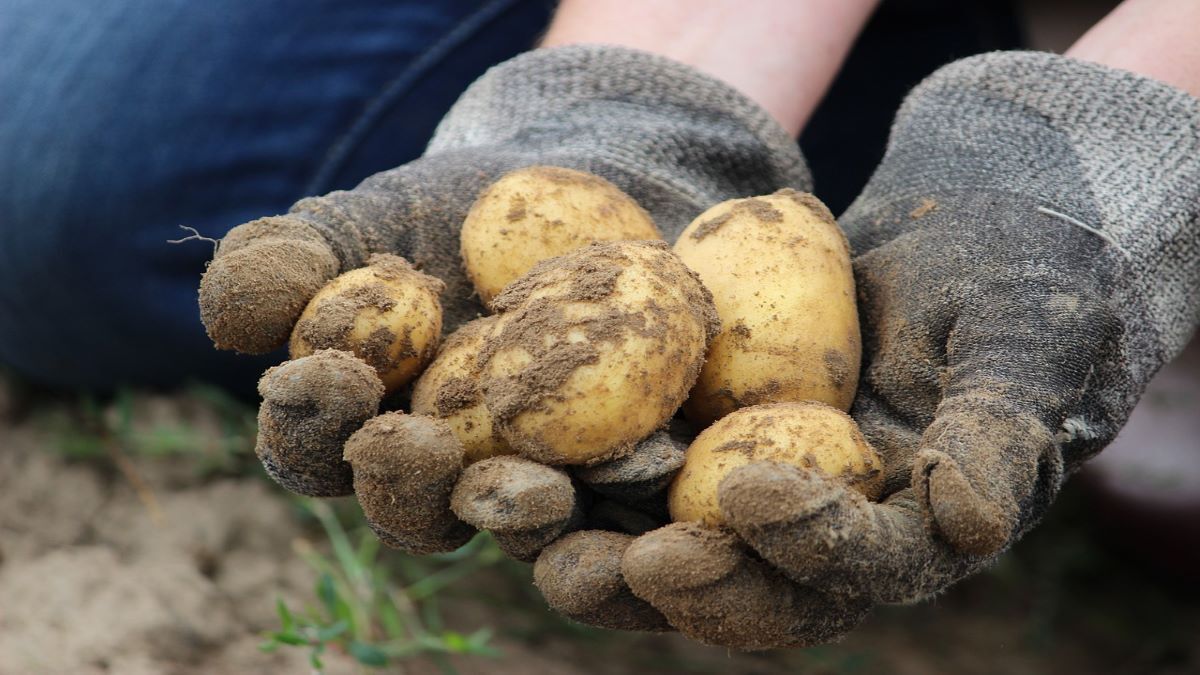Food distribution in Florida will be expanded to underserved communities due to a signed cooperative agreement with the U.S. Department of Agriculture’s Agricultural Marketing Service.
The Florida Department of Agriculture and Consumer Services, Division of Food, Nutrition and Wellness’ agreement with the AMS’ Local Food Purchase Assistance Cooperative Agreement Program will help "purchase and distribute locally grown, produced and processed food from underserved producers,” according to a Sept. 1 news release. The LFPA program awards “up to $400 million through non-competitive cooperative agreements with state and tribal governments.”
“USDA is excited to partner with Florida to promote economic opportunities for farmers and producers and to increase access to locally sourced, fresh, healthy and nutritious food in underserved communities,” USDA Under Secretary for Marketing and Regulatory Programs Jenny Lester Moffitt said in the release. “The Local Food Purchase Cooperative Agreement Program will improve food and agricultural supply-chain resiliency and increase local food consumption around the country.”
By assisting small and marginalized farmers, FDACS intends to use LFPA funding to preserve and enhance Florida's food and agricultural supply chain resilience, the release said. The funds will also assist FDACS in increasing the volume of goods provided to underserved communities and areas outside the mainstream food distribution system in the state.
Florida Agriculture Commissioner Nikki Fried thanked the USDA for the partnership that helps reduce food insecurity and creates a stronger food network in Florida, the release reported.
“The influx of Local Food Purchase Assistance cooperative agreement grant funds will allow Florida farmers and producers to build sustainable and resilient market opportunities, with an emphasis on small and underserved producers,” Fried said in the release. “By finding new opportunities for our producers, we are expanding our food distribution network to reach underserved communities and adapt to local challenges.”







